More than 100 years ago, in 1922, Dun Karm Psaila penned L-Innu Malti, which was officially adopted as Malta’s national anthem in 1964 following the country’s independence from the United Kingdom. A country’s national anthem is a defining part of its identity, meant to exude pride and unite an entire population under one banner.
Every now and again the national anthem comes under threat, as thoughts are put forward on its validity in modern days. Each time, attempts to have it replaced or to change a word here and there have been thwarted.
The latest attempt to stir a discussion arrived on 30 July from the chairman of the Valletta Cultural Agency Jason Micallef. The former secretary general of the Labour Party suggested that the national anthem should be changed from Dun Karm Psaila’s rendition, played on music composed by Robert Samut, to Tema 79.
This song was included as part of the rock opera Gensna, released in 1982 at a time of political turmoil in the country. Micallef expressed his views shortly after attending Raymond Mahoney’s funeral, during which Tema 79 was played. Mahoney wrote Gensna with music composed by Paul Abela.
Micallef explained that he is in favour of adopting Tema 79 as the new national anthem because he considers the song to be “mystical” and that it “has all the virtues and the power of a national anthem”. He said that although he has complete respect for Dun Karm Psaila and the national anthem, the reaction that Tema 79 elicits from those who hear it, “whoever they are, whatever the occasion, is always, without exception, that of many emotions, and a strong national feeling which can hardly be described”.
The Malta Independent on Sunday reached out to a number of thinkers to see what they make of Micallef’s suggestion. They were all against the idea that the national anthem should be changed.
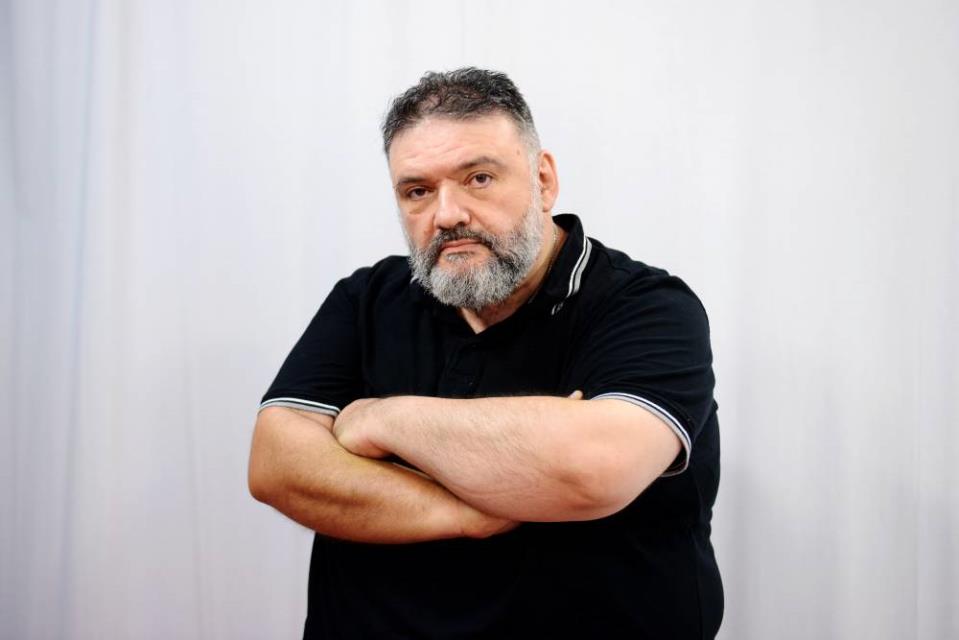
Immanuel Mifsud, a prominent Maltese poet and senior lecturer at the University of Malta, said that other countries change their anthem when they go through a major upheaval.
There have been other countries which have changed their national anthems, but it happened after the state went through a major change or development. He provided examples such as the dissolution of Czechoslovakia resulting in two altered national anthems for the Czech Republic and Slovakia respectively. He also mentioned how Russia, Germany and Italy have adopted new or altered national anthems following major developments in their identities. “So yes, there have been cases of countries changing their anthems, but not simply just because they really liked a song," he added.
Mifsud went on to say that this major development or change has not happened yet for Malta. He made mention of Joseph Muscat’s past comments regarding the “second republic” accompanied by a constitutional reform meant to reflect a current day Malta. Mifsud said that had this actually happened, then “we would have a reason somewhat more valid to change our anthem, though not necessarily entirely valid”.
With regard to the idea of specifically adopting Tema 79 as the national anthem, he said: “It is a song taken from Gensna, which was a rock opera created during the age of a Labour government … regardless of the intentions of Ray Mahoney, the point remains that this is a piece of music which does not appeal to the entire nation. There are a lot of partisan themes.” He further added that the national anthem should be the definitive piece of music meant to unite the population, and that he believes this would not be the case with Tema 79.
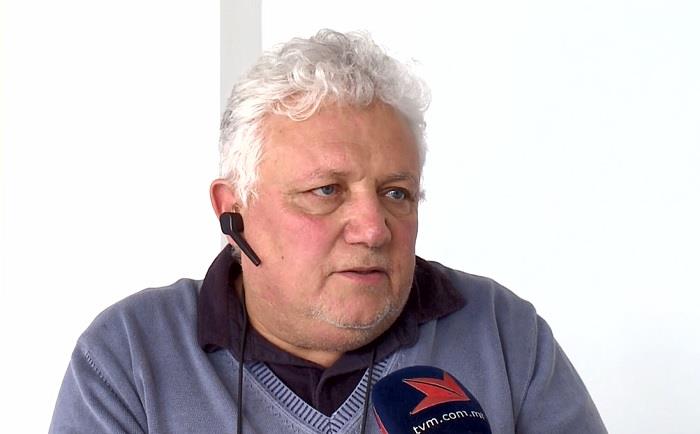
We also spoke with Peppi Azzopardi and asked him about his thoughts on Micallef’s suggestion. “Jason Micallef’s proposal to change the national anthem to a song from the Labour rock opera Gensna smacks of the fake patriotism of a governing party which in the evening waxes lyrical Gensna while in the morning it sells Maltese passports.” He went on to say that if we are indeed eager to adopt a national anthem that reflects the worldview and value system of our country, then he proposes adapting the “tongue in cheek proposal of Fr Joe Borg” to use Leonard Cohen’s Everybody knows, which includes lyrics such as “everybody knows the deal is rotten” and “the poor stay poor, the rich get rich”.
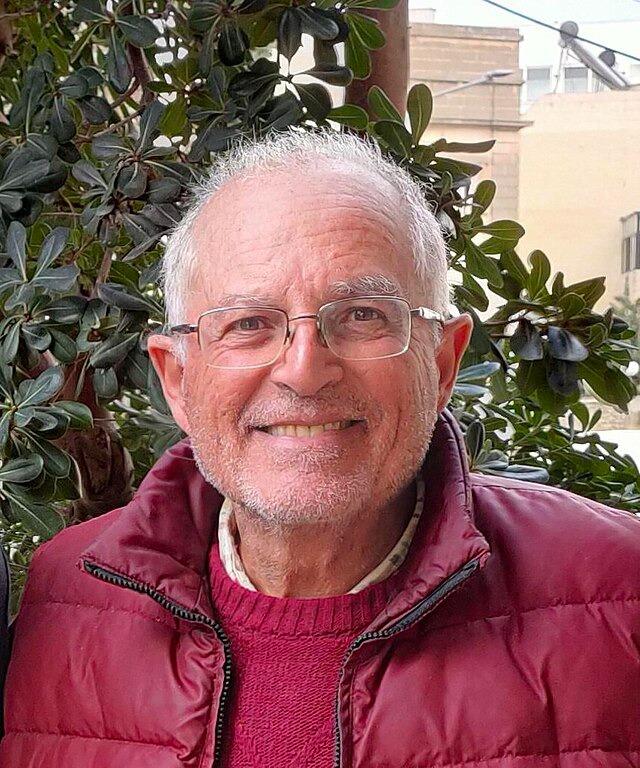
Independent candidate Arnold Cassola “absolutely disagree(s) with changing the national anthem. Notwithstanding the poetic value of Tema 79, it is tied with the opera Gensna as well as the times of the 70s and 80s. Anyone who lived during those times will remember it as unfortunately something which brought more divide within the Maltese population. It is a symbol of division rather than unity”.
He added that he does not think it is necessary to change certain words from the current anthem, particularly focusing on the use of the word jaħkimha (who rules). He explained his reasoning: “To be honest, I think that this word suits the governments of Muscat and Abela very appropriately. If we want to be correct, I would say this wording is justified as under the corrupt governments of Muscat and Abela we are dominated by these people who do whatever they want and have absolute power. They abuse the mistaken systems set in place by the Nationalist Party, because the systems we have today were all put in place by the PN and give absolute power to whoever is elected – especially the prime minister.” He concluded by saying that Gensna and Tema 79 are considered divisive because, irrespective of the poetic and artistic value of the verses, “they are associated with a period of Malta's story where we were on the edge of civil war”.
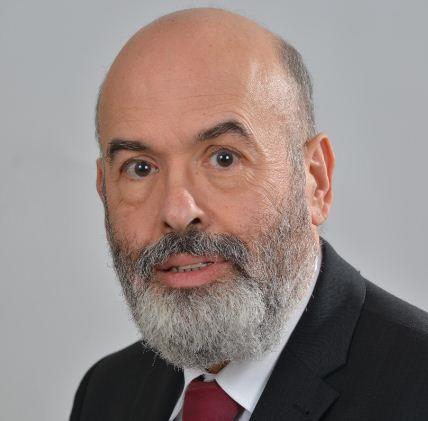
Desmond Zammit Marmara, when asked about his thoughts, also said that he believes the national anthem should remain. However, he said that he would change words such as jaħkimha and replace it with other more fitting alternatives such as “who leads” or “who governs”.
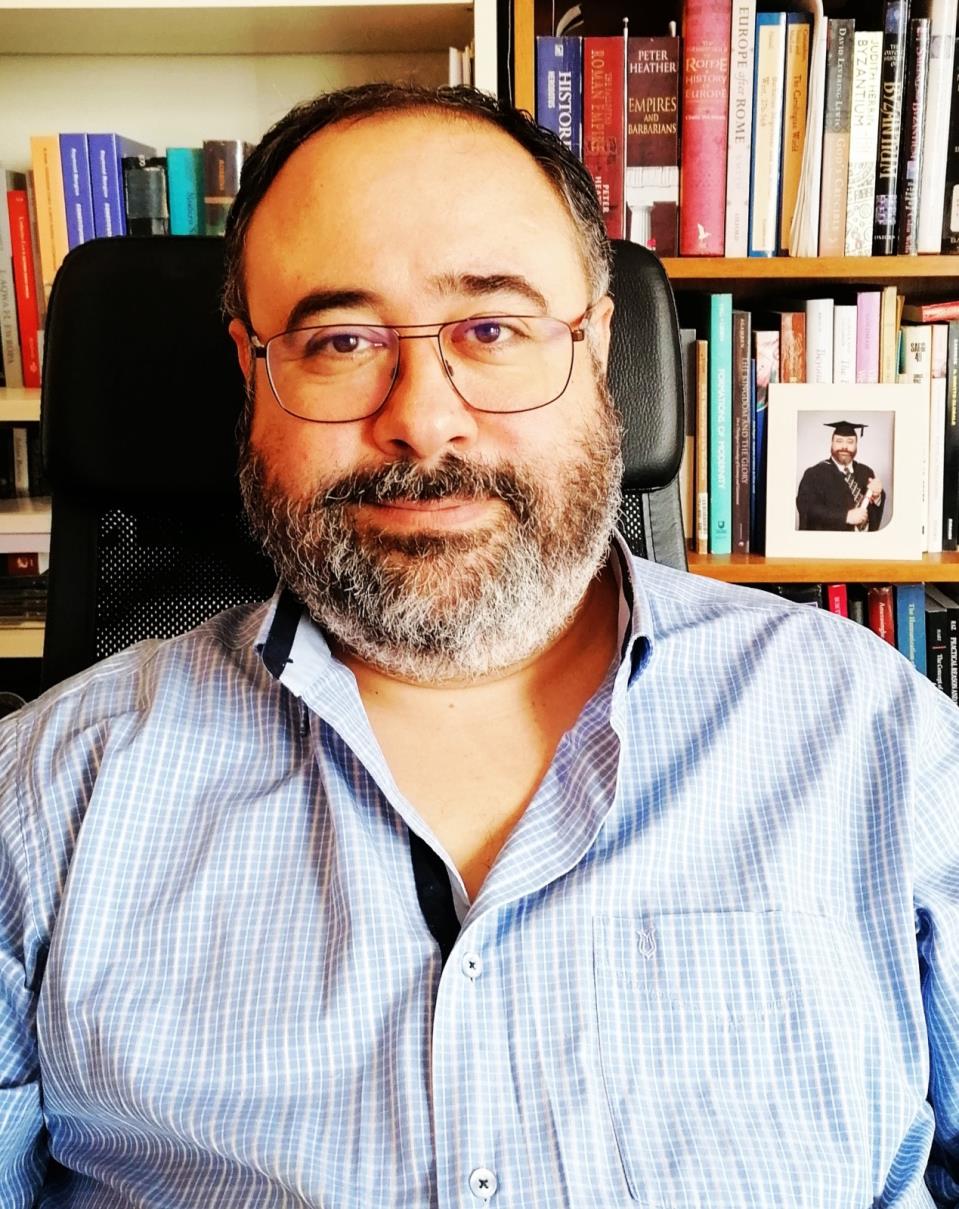
The Malta Independent on Sunday also reached out to writer Mark A. Sammut Sassi. He said he believes Micallef is sincere in his argument to adopt Tema 79 as Malta’s new national anthem, disagreeing with suggestions that perhaps it is a ploy “meant to divert attention from Labour’s disasters”. He said, however, that Micallef’s sincerity does not mean that his analysis is correct.
Sammut explained that Tema 79 was composed as a rock anthem and would not be fitting as an official national anthem. Regarding suggestions of changing some wording from our current national anthem, he said that he does not believe it would be right to tamper with Dun Karm Psaila’s original writing: “Anyway, it seems that some prudes today find the word jaħkimha offensive. I invite these prudes to look up ħakem in Aquilina’s dictionary. The meaning is ‘to rule, to govern’. Ħakem does not mean ‘foreign rule’. In fact, for ‘foreign rule’ we say il-ħakma tal-barrani not il-ħakma.
But for argument’s sake, even if ħakma were to mean something negative, it’s still okay. The constitutional development of this country is so primitive that our prime minister still jaħkimna – consider how he unilaterally overturned Parliament’s decision on the Sofia inquiry.”

Author and researcher Sergio Grech took to Facebook to air out his issues with the suggestion. He said he has complete respect for Ray Mahoney, but is entirely against changing the national anthem. He said that a country’s national anthem cannot simply be changed in the blink of an eye, and that it is not fair to use the death of a poet as a vehicle to drive the argument. In concluding his statement, Grech issued a challenge for us to collectively agree on one national holiday before changing the national anthem, adding that "for us the national holidays are the holidays of the political parties and in this sense instead of unity and peace they bring division”.